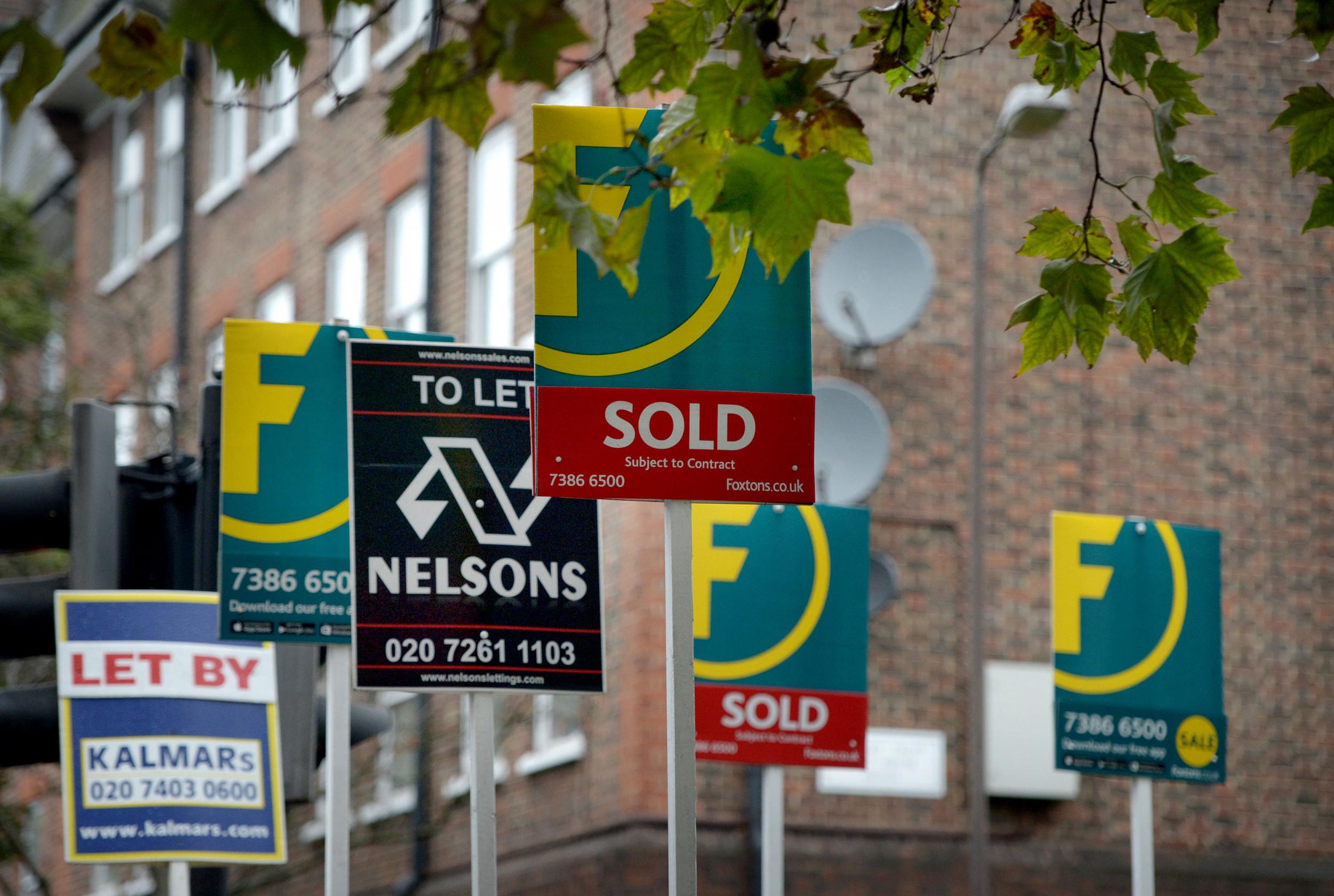Expert reveals when it is reasonable for landlords to ban working from home
Exclusive: Landlords don’t want to be ‘left out of pocket’

Your support helps us to tell the story
From reproductive rights to climate change to Big Tech, The Independent is on the ground when the story is developing. Whether it's investigating the financials of Elon Musk's pro-Trump PAC or producing our latest documentary, 'The A Word', which shines a light on the American women fighting for reproductive rights, we know how important it is to parse out the facts from the messaging.
At such a critical moment in US history, we need reporters on the ground. Your donation allows us to keep sending journalists to speak to both sides of the story.
The Independent is trusted by Americans across the entire political spectrum. And unlike many other quality news outlets, we choose not to lock Americans out of our reporting and analysis with paywalls. We believe quality journalism should be available to everyone, paid for by those who can afford it.
Your support makes all the difference.A health and safety expert has revealed why an increased number of landlords are asking their tenants not to work from home.
It follows a report by The Independent which found there is little legislation in place to protect renters from the increasingly common practice linked to Section 21 “no-fault” evictions.
Landlords can make the specification for several reasons including health and safety concerns depending on the nature of the work and a desire to keep the household bills down to avoid “leaving the landlord out of pocket”.
“There are many reasons why a landlord may want to include a ban on tenants working from home, including insurance purposes, or disruption to neighbours and other tenants,” Gavin Scarr Hall, Director of Health and Safety at Peninsula exclusively told this publication.
“If the lease includes utilities as well as rent, then these costs could increase if tenants work from home, potentially leaving the landlord out of pocket.
“There’s also the liability and risk that comes from certain types of business use, including the requirement to ensure safe working environments. If the work being done involved clients visiting the property, such as hairdressing, then there would be other health and safety considerations to consider.”
The topic came under the spotlight after a bedroom priced at £1,300 a month went viral after the landlord allegedly banned home working in the room.
£1300, no working from home allowed even though the room has a desk? Loool pic.twitter.com/e3a3BXKSUH
— Pistachio (@HarleyShah) June 18, 2024
The Independent subsequently found that such requests were commonplace on rental websites.
One advert for a bedroom costing £800 a month, for example, specified that there should be “no WFH” on either a full- or part-time basis and said that the tenant “ideally” won’t use the kitchen much.
Another similar advert, also for a room at £800 a month, specified that the tenant should be “a female professional who is neat and tidy and not WFH.”
A spokesperson for SpareRoom, where these ads are prevalent, echoed the claim that the specification can be made for a variety of reasons.
They told The Independent: “It’s not unusual for these type of ads, whether they’re from a lodger landlord or the current flatmates, to express some type of preference when it comes to working from home.
“There could be all sorts of reasons for that, from the space not being suitable, or the extra load on wifi, to the effect on bills.”

But it has been argued that such specifications are unfair to tenants and that they should be free to fully utilise the space they are renting.
One fully remote disabled worker told The Independent that if working-from-home bans become standard across the board, they will be “excluded from the workforce or accommodation”.
The legality of the situation, however, is a grey area.
“While landlords can seek to exclude a tenant’s right to work from home, The Small Business Enterprise and Employment Act 2015 (subject to several exclusions) provides that landlords cannot unreasonably refuse a tenant’s request to do so,” Abtin Yeganeh, a senior associate at solicitors Lawrence Stephens, explained.
But the continued existence of Section 21 “no-fault” evictions means that this legal protection can be easily overcome.
Ben Twomey, chief executive of Generation Rent, said that reform is urgently needed in this area so that “the selfish preferences of a landlord will not mean homelessness for a tenant.”
“When the next government reforms tenancies, as all major parties have promised, it must abolish Section 21 and make clear that unfair terms like banning working from home are not legal,” he said.
Join our commenting forum
Join thought-provoking conversations, follow other Independent readers and see their replies
Comments